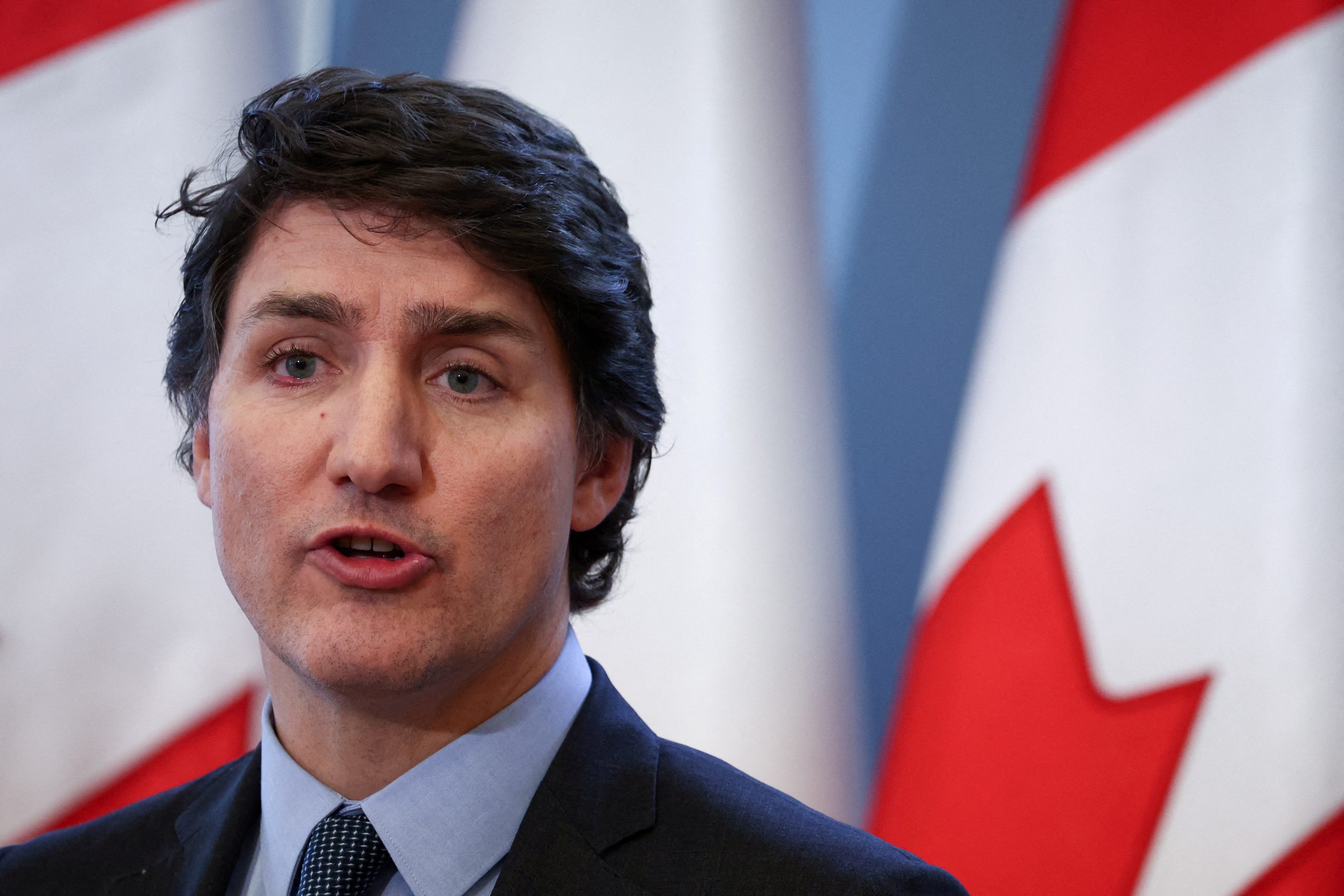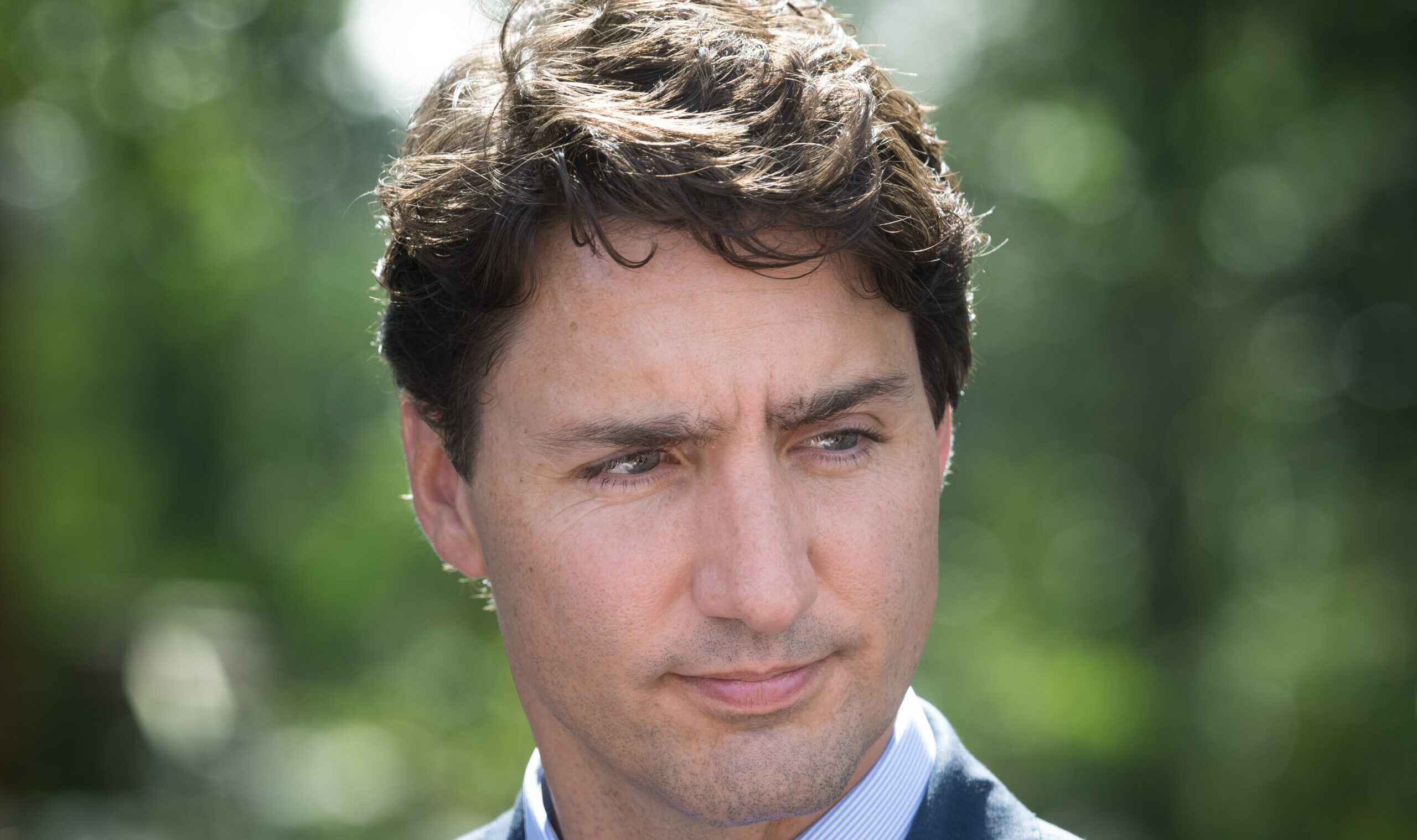Prime Minister Trudeau has reinstated a visa requirement for Mexicans, halting the trend of instant asylum-seeking in Canada.
While President Biden’s focus was on border security theatrics along the Rio Grande last week, Canada took practical steps to curb the influx of Mexican asylum seekers. Prime Minister Justin Trudeau demonstrated a willingness to safeguard his country’s interests amidst escalating migration challenges, a stark contrast to the increasingly criticized immigration and border policies of the Biden administration.
Similar to the United States, Canada grapples with a surge of economic migrants exploiting its asylum process. The Canadian asylum system faced immense strain in 2023, with approximately 144,000 claims filed. Though seemingly small compared to the U.S. backlog, this figure would be proportionally substantial for America.
Trudeau’s decision to revert to a visa requirement for Mexicans underscores a move towards a more sensible approach. This policy mandates Mexicans to qualify for a Canadian visa before pursuing asylum claims, deterring casual entry and application.
Despite Trudeau’s rhetorical support for open borders, pragmatic considerations drove this policy shift. The significant rise in Mexican asylum seekers—from 260 in 2016 to 24,000 in 2023—prompted domestic pressure, particularly from conservative factions and Quebec authorities.

Prime Minister Trudeau (Credits: Reuters)
Even staunch advocates of open borders recognize the challenges posed by accommodating thousands of newcomers, particularly during winter, with diverse linguistic and cultural backgrounds and limited resources.
Trudeau’s decisive action stands in contrast to Biden’s perceived indecision in addressing the escalating crisis along the U.S. southern border. The Canadian government’s implementation of the visa requirement reflects a willingness to utilize established tools, such as visa screening, to manage immigration pressures.
While imperfect, visa requirements serve as a barrier against the exploitation of asylum laws and alleviate pressure on essential services and infrastructure. Canada’s proactive stance highlights the importance of strategic immigration policies to maintain societal stability.
In response to Ottawa’s decision, Mexico expressed regret and hinted at potential reciprocal measures. Mexican President Lopez Obrador emphasized the importance of respectful treatment for migrants, showcasing a nuanced stance on immigration issues.
The international legal framework governing asylum and refugee status warrants reconsideration, given its inability to address modern migration challenges effectively. The distinction between asylum seekers and refugees becomes increasingly blurred in a globalized world characterized by fluid movement and communication.
Both Canada and the United States face significant challenges in processing asylum claims, underscoring the need for comprehensive reform. The existing framework incentivizes migrants to seek asylum upon reaching national territory, leading to administrative complexities and backlogs.
Ultimately, addressing migratory challenges demands proactive leadership and systemic reforms. President Biden’s apparent struggle to keep pace with Trudeau’s decisive actions underscores the urgency for coherent immigration policies and effective border management strategies.























